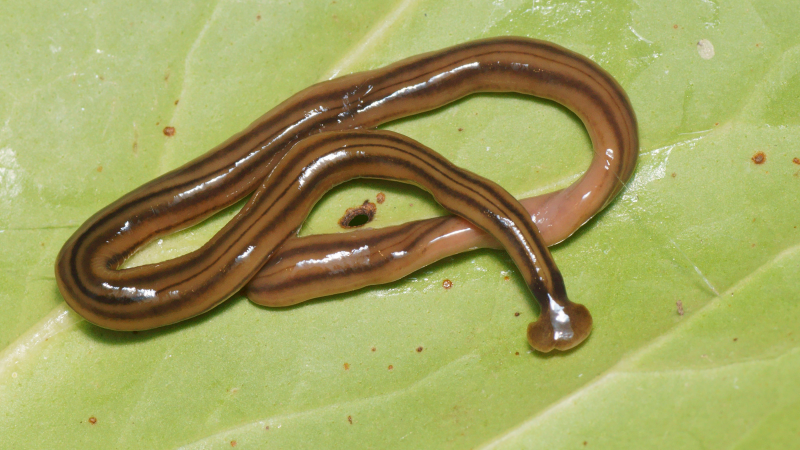Pfizer asks U.S. to allow COVID-19 shots for kids ages 5 to 11
Posted October 7, 2021 5:32 am.
WASHINGTON D.C. — Pfizer asked the U.S. government Thursday to allow use of its COVID-19 vaccine in children ages 5 to 11 — and if regulators agree, shots could begin within a matter of weeks.
Many parents and pediatricians are clamoring for protection for children younger than 12, today’s age cutoff for the vaccine made by Pfizer and its German partner BioNTech. Not only can youngsters sometimes get seriously ill, but keeping them in school can be a challenge with the coronavirus still raging in poorly vaccinated communities.
Pfizer announced in a tweet that it had formally filed its application with the Food and Drug Administration.
UPDATE: We and @BioNTech_Group officially submitted our request to @US_FDA for Emergency Use Authorization (EUA) of our #COVID19 vaccine in children 5 to <12. pic.twitter.com/72Z2HXlkOx
— Pfizer Inc. (@pfizer) October 7, 2021
Earlier this month, Pfizer submitted preliminary research to Health Canada on the effectiveness of its COVID-19 vaccine in children aged five to 11. It is expected to ask for authorization soon.
Currently, Health Canada has only approved vaccines for people aged 12 and older in the country, but could approve the shot for younger children if it is satisfied that the data shows it is safe and effective.
Related Articles:
-
California mandates vaccines for students, could Canada follow?
-
NHLer Evander Kane being investigated for allegedly faking proof of vaccine card
-
Moderna submits for approval of Spikevax booster dose to Health Canada
South of the border, the FDA will have to decide if there’s enough evidence that the shots are safe and will work for younger children like they do for teens and adults. An independent expert panel will publicly debate the evidence on Oct. 26.
One big change: Pfizer says its research shows the younger kids should get a third of the dose now given to everyone else in the U.S. After their second dose, the 5- to 11-year-olds developed virus-fighting antibody levels just as strong as teens and young adults get from regular-strength shots.
In Canada, a small amount of the population have received a third dose. Many provinces have began giving a third to those who are immunocompromised or in long-term care due to studies which show the vaccine may not be as effective in those people.
Some provinces are giving a third dose to meet international travel requirements which bar those with mix-and-match doses from entering the country.
Delta cases rising
While kids are at lower risk of severe illness or death than older people, COVID-19 does sometimes kill children and cases in youngsters have skyrocketed as the extra-contagious delta variant has swept through the U.S. and Canada. It has prompting increasing concerns for unvaccinated children.
“It makes me very happy that I am helping other kids get the vaccine,” said Sebastian Prybol, 8, of Raleigh, North Carolina. He is enrolled in Pfizer’s study at Duke University and doesn’t yet know if he received the vaccine or dummy shots.
“We do want to make sure that it is absolutely safe for them,” said Sebastian’s mother, Britni Prybol, Sebastian’s mother. But she said she will be “overjoyed” if the FDA clears the vaccine.
Pfizer studied the lower dose in 2,268 of the 5- to 11-year-olds, and has said there were no serious side effects. The study isn’t large enough to detect any extremely rare side effects, such as the heart inflammation that sometimes occurs after the second dose of the regular-strength vaccine, mostly in young men.
If the FDA authorizes emergency use of the kid-sized doses, there’s another hurdle before vaccinations in this age group can begin. Advisers to the Centers for Disease Control and Prevention will decide whether to recommend the shots for youngsters, and the CDC will make a final decision.










